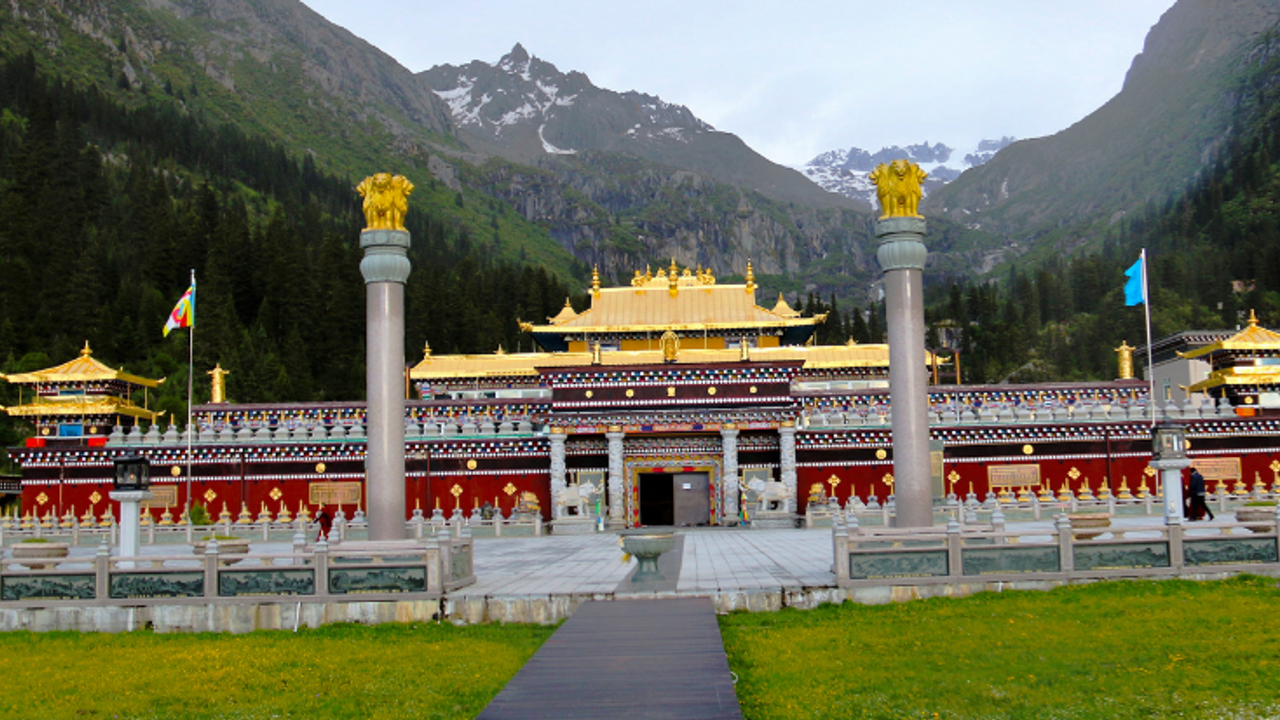What is Dzogchen meditation?

QUESTION: What are your thoughts on Dzogchen meditation compared to mindfulness and mantra practice?
ANSWER: Dzogchen (pronounced “Zok-chen") is a self-inquiry practice used to go directly to the heart of the Buddhas teaching of “no self.”
The Buddha taught that there is no thing inside of you that is stable and unchanging and can be called a “self.”
He taught that you are more like a process that is forever fluctuating, changing and unfolding.
Dozogchen attempts to reveal that truth by looking directly at the nature of experience and showing that there is no “watcher” in there.
There is no central control area within you that can be called the real YOU.
Instead, when you look closely you see there is awareness, which is pure, empty and self-illuminating.
And there are objects arising within awareness. Those objects include everything in your experience: things you see, smell, feel (physically or emotionally), thoughts and so on.
There is nothing in experience that doesn’t arise in awareness.
The practice of Dzogchen bypasses the need for mindfulness or mantra by going to, and observing directly, awareness itself.
By doing that you arrive more quickly at the bigger insights, such as dismantling the illusion of there being a separate self hiding away “in there” somewhere.
Don’t get me wrong here. I’m not suggesting you don’t exist. There are certainly people and the activity of personality. There’s no question about that.
However, when you deconstruct and untangle all of that you become aware of awareness itself.
That’s why Dzogchen is known as a direct path practice, whereas mindfulness and mantra are known as progressive path.
In mindfulness, you remove the blockages that stop you from seeing clearly what makes up the illusion of a separate self so that it eventually dissolves.
So “the one who is watching” in mindfulness is just a stepping stone that eventually gets dissolved through the practice as it unfolds to reveal the same truth Dzogchen is pointing to.
In mantra practice you keep shifting into a state of consciousness that is without a separate self over and over. As a result, eventually you lose your sense of separateness altogether and that becomes your direct moment-to-moment experience.
That’s known as unity consciousness.
(We’re talking about enlightenment here so please don’t be freaked out. This isn’t likely to happen in a flash in some scary way)
I suppose the big difference with Dzogchen (compared to mindfulness and mantra) is that it points out 'no self' directly to the practitioner who then has to grasp it, whereas the other two re-wire consciousness to the point where the practitioner knows unity/selflessness directly as their moment to moment experience.
The downside of Dzogchen is that you don’t get the side benefits of mindfulness or mantra, like significant changes in the mind-body system that lead to things like lower anxiety, increased attention, more energy, bliss, deep relaxation, purification of psyche etc etc.
I think this is why Sam Harris complains of being an insomniac despite being a meditation teacher. His main practice is Dzogchen.
But why would you even want to dislodge the illusion of the separate self?
Because that's where suffering arises. Once you see through the illusion of separateness you find unity and interconnectedness wherever you look.
Jimmy
Want more? Sign up to my emails here. I regularly send out in-depth teachings via email to take your meditation practice deeper
